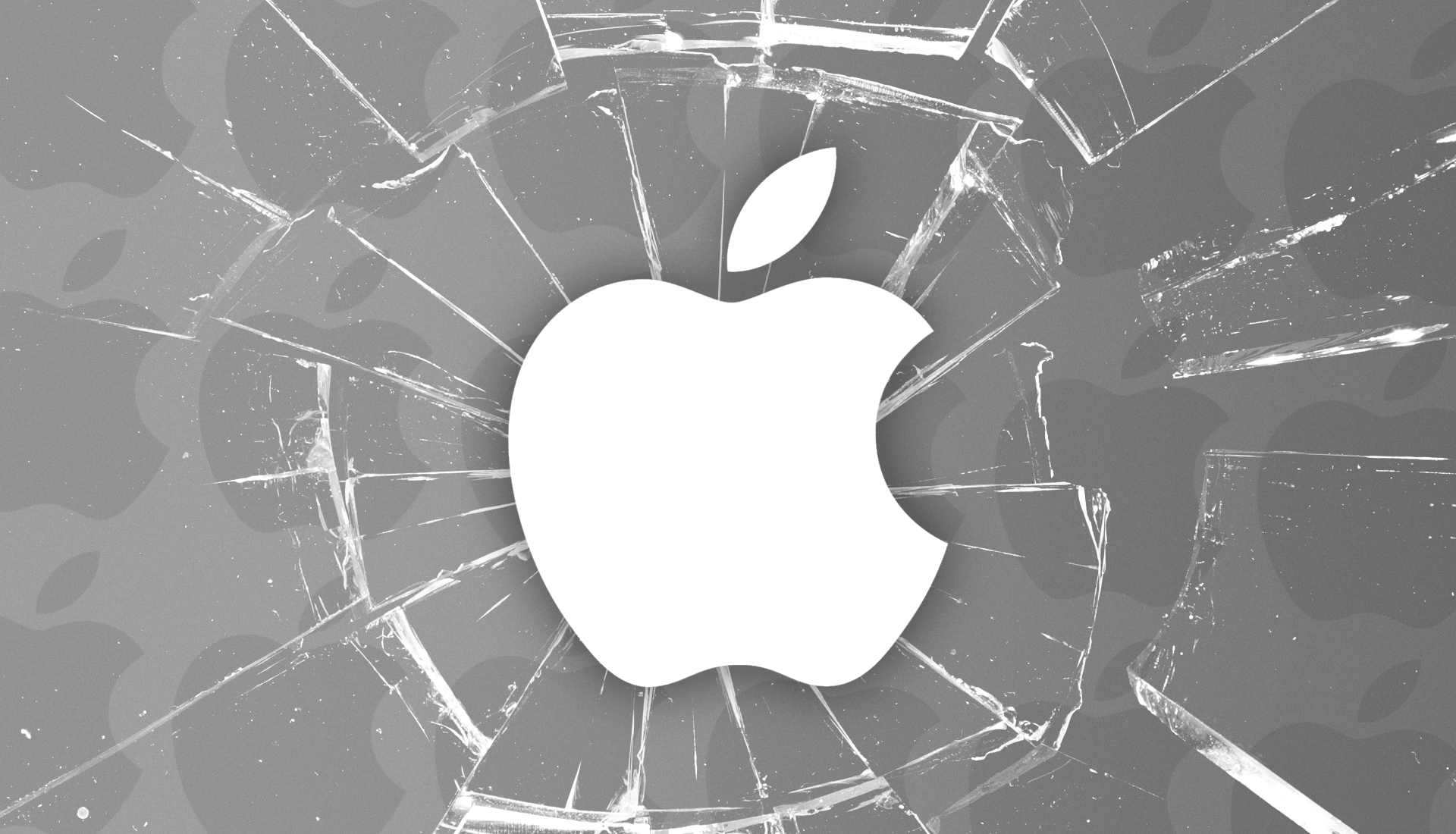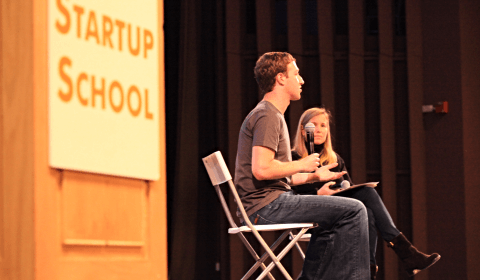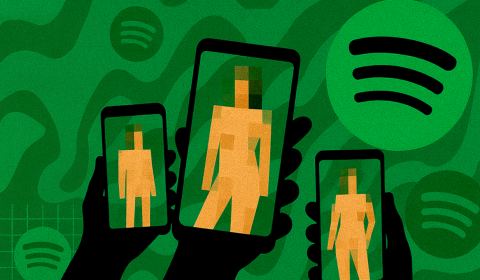Following a lawsuit over whether or not Apple deliberately slows down older iPhones, it will have to pay consumers $500 million in total for damages.
You may not remember now, but back in mid-2017, a handful of iPhone users decided to take Apple to court over allegations that it was deliberately slowing down performance and battery life on older models.
This initial spark snowballed into sixty different lawsuits, and Apple has since admitted that it intentionally slows down older phones to tackle aging batteries. The company also lowered the price of its replacement batteries in 2018 from $79 to $29 in the US and swapped out over 11 million that year.
All of this hasn’t been enough to keep the extra charges at bay, however, as Apple is now expected to fork out half a billion US dollars as compensation for users who purchased older iPhones. That equates to $25 per user and applies to anybody who owns an iPhone 6, 6 Plus, 6s Plus, 7, 7 Plus, or SE that runs iOS 10.2.1 or later in the US.


















